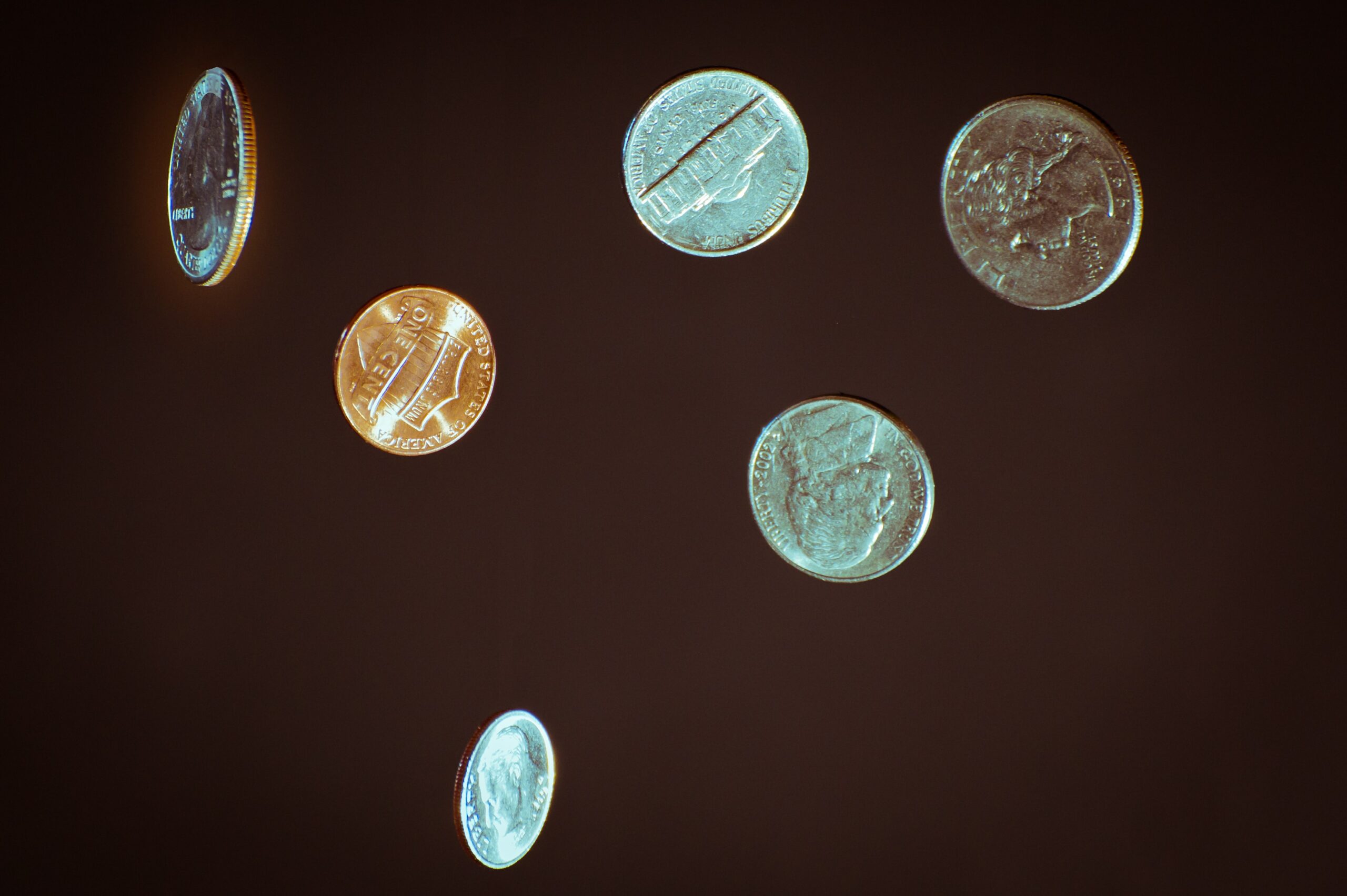Hey you!
Nigeria, the richest country in Africa, launched its own digital currency on 25/10. Its name? eNaira. And the results seem very promising. After only a few weeks, there have been more than 488,000 downloads of the associated application used as a digital wallet. In terms of exchanges, this represents more than 62 million eNaira, or about $150,000, and more than 78,000 merchants who have crossed the threshold. Passion Media takes a look at the launch.
MNBC, the currencies that are launching all over the world
MNBC is short for Central Bank Digital Currency. And it’s a term you’ll be hearing more and more about. Many countries are launching on this topic (Ghana with the e-Cedi, China with the e-Yuan, Ukraine with the digital hryvnia, Japan with the digital yen, etc…). What is it in concrete terms? It is a currency issued by a central bank, in a digital form. It generally has the same value as a fiduciary currency (i.e. in the form of coins and bills). The technology is different from that of crypto-currencies. MNBCs use “Centralized Ledger Technologies”. In other words? The blockchain is centralized, so an entity can have control over the transactions made.
A success linked to the good economic health
In total, 7 countries have launched MNBC throughout the world, and many others are already working on the subject. Full-scale tests are being conducted in many places, including France. The observation? The success of these currencies is intimately linked to the economic situation of the country in which they are deployed.
An alternative to the deflation of certain currencies
In Nigeria, virtual currencies are a real hit. The reason? They are an alternative and a way to bypass the local currency, the Naira, which has been widely depreciated for years. They also facilitate money transfers between the country and nationals in other countries. There is still a long way to go to convince people on a large scale, but the prospects are very encouraging. MNBCs are gradually gaining credibility. Will they one day become official currency?
)




